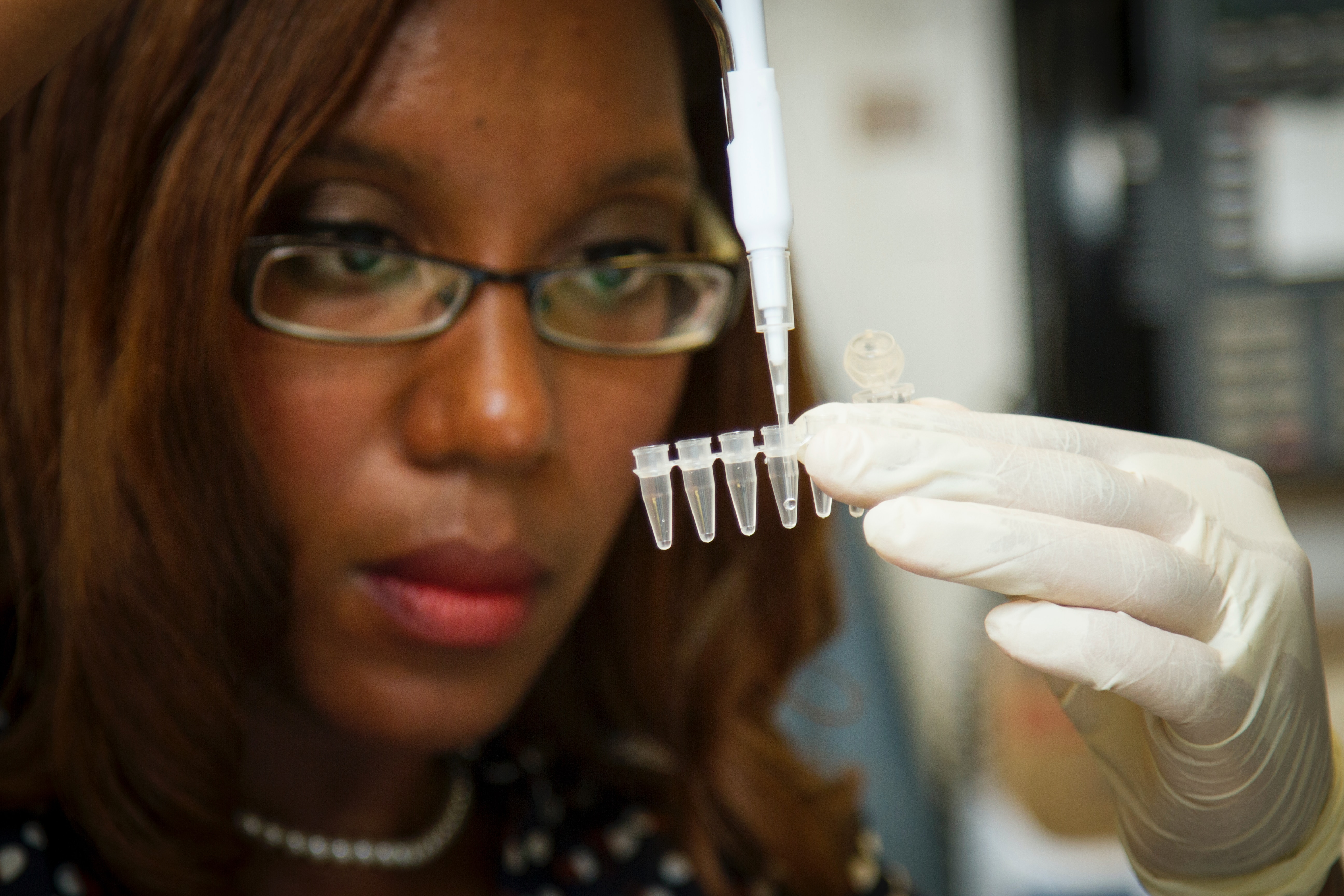Overview
The Genomics Research to Elucidate the Genetics of Rare diseases (GREGoR) Consortium is a network of researchers at five Research Centers and a Data Coordinating Center, funded by the National Human Genome Research Institute (NHGRI) within the National Institutes of Health (NIH). Researchers in the GREGoR Consortium employ a variety of high-throughput sequencing approaches, analytical strategies, and functional assays to achieve this goal.
The purpose of these funding opportunities is two-fold:
- Grants to Support Workforce Diversity - To help increase workforce diversity in genomics research. New grants are not offered at this time.
- Research Grant Awards - To bring in needed expertise not currently represented within the Consortium in order to expand the impact of GREGoR, research grants have been awarded in previous years and projects are underway. New research grant awards are not offered at this time.
GREGoR’s mission: To significantly increase the proportion of Mendelian conditions with an identified genetic cause. A key objective of the GREGoR Consortium is to develop and apply approaches to discover causal genes underlying Mendelian conditions for which a candidate gene was not identified using whole exome sequencing alone.
Guidelines
See the Grants to Support Workforce Diversity in Genomics Research for specific information and guidelines.
| Grants to Support Workforce Diversity in Genomics Research - Professional Development | Grants to Support Workforce Diversity in Genomics Research - Educational Event | Research Grants (Not Offered in 2025) | |
|---|---|---|---|
| Purpose | Increase diversity in genomic research | Increase diversity in genomic research | Complement GREGoR research |
| Time frame covered | Up to 1 year | Days of event | 1 to 2 years |
| Max direct costs | $60,000 | $4,000 | $175,000 for one year or $250,000 total (average of $125,000 per year) for two years |
| Approximate number of awards anticipated for 2025. Actual number will depend on the number of meritorious applications. | 1-2 | 4 | 0 |
| Detailed budget required | Yes | Yes | Yes |
| Budget needs to reflect costs | Yes | Yes | Yes |
| Page limit for research/ development/event description | 1 page | 1 page | Up to 3 pages |
| Letter of Intent | No | No | Not offered in 2025 |
| Applications due | Jan. 13, 2025 by 11:59 p.m. PT | Jan. 13, 2025 by 11:59 p.m. PT | Not offered in 2025 |
| Foreign applications allowed | Yes | Yes | Not offered in 2025 |



